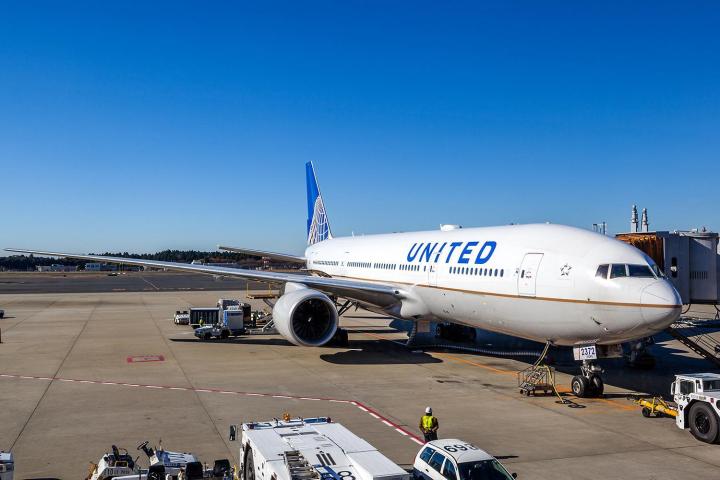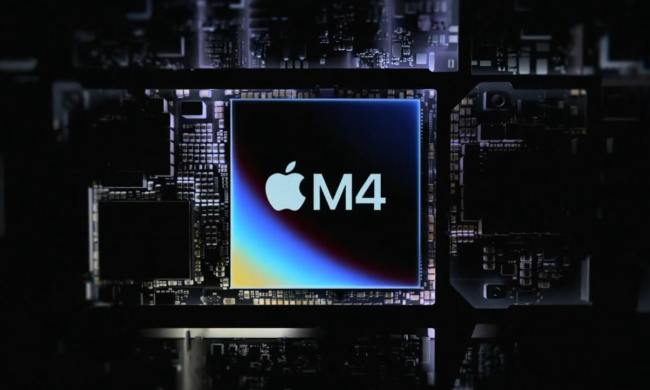
The airline tweeted it was aware of the problem and was working to resolve it, before sending another tweet at 3 a.m. ET claiming the problem had been cured, and flights would be returning to normal. United said only a small amount of flights were delayed, in a statement given to The Independent.
Tweets sent during the outage showed mounting delays, including a Newark to Dublin flight due to depart at 10:25 p.m. still not leaving the airport until after 4:30 a.m. the next day. Many passengers affected by the computer outage tweeted using the hashtag #UnitedWeWait, but angry messages tailed off as United’s computer system recovered.
While there is no evidence of a hack causing the system malfunction, United’s problems follow several similar issues that have affected Delta Airlines and British Airways already this year. In September British Airways was forced to cancel hundreds of flights after a power outage took out its computer systems around the world. Delta also said power was to blame for its 300 or more cancellations the month before. In a related incident around the same time, Vietnam Airlines had to stop passenger check-ins after its flight information screens were hacked, and politically motivated messages were shown.
Vietnam Airlines was obviously hacked, and hackers played havoc with European airline Dot’s computers back in 2015; but what about the others? Following Delta’s problems in August, the CEO of computer disaster recovery company Continuity Software told CNN Money airline computers fail and flights are canceled due to it for three reasons: Human error, no backup system being in place, or a hack. He notes the Delta outage was unlikely to be caused by a hack, due to the speed with which the issue was resolved. It’s likely to be a similar story with United Airlines, given there was just an hour between the tweet saying it was aware of the problem, to the one confirming it was resolved.



